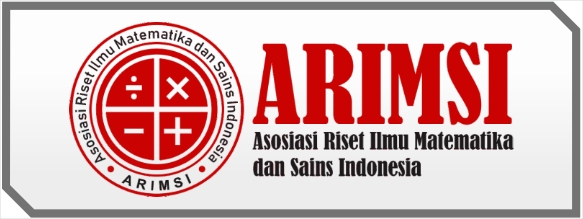Analisis Kemampuan Pemahaman Konsep Matematika: Dampaknya Model Pendekatan Pembelajaran Makerspace Steam dan Aktivitas Belajar Siswa
DOI:
https://doi.org/10.59581/konstanta.v2i1.2416Keywords:
science, technology, engineering, and mathematics, STEM learning approach makerspace, problem based learning, mathematical concepts understanding, learning activitiesAbstract
This research aims to determine the influence of students' learning activities on the ability to understanding mathematical concepts through the STEAM Learning Approach Makerspace model based on PBL on SPLDV materials. As for the type of research Quasi-Experiments. The population in this study was 90 students who were distributed into 3 classes with 2 classes that sampled grades VIII A and VIII C. The sampling techniques in this study used randomized classes and data collection techniques in this study were tests and observations, while the research instruments used preliminary tests and final tests to measure the ability to understand mathematical concepts and observation sheets to see students' learning activities. Data analysis techniques using a two-way ANOVA test. The research showed that there is an influence of the PBL-based Makerspace STEAM Learning Approach model on the ability to understand mathematical concepts, there is no influence on students' learning activities on mathematical concept comprehension capabilities, and there is no interaction between the PBL-based Stem Learning Approach Makerspace model and student learning activities on the ability to understand mathematical concepts. Conclusion, there is a positive direct effect of cognitive structures on the ability to understanding mathematical concepts.
References
Aditya, I., & Budiana, D. (2021). Dampak Terhadap Self-Efficacy dan Motivasi dengan Menggunakan Prorgam Science, Technology, engineering, and Mathematiscs Melalui Aktivitas Fisik. Jurnal Ilmu Keolahragaan, 20(2), 143-151.
Zybaidah, S. (2019). STEAM (Science, Enginering, Arts and Mathematichs): Pembelajaran untuk memeberdayakan Keterampilan Aavad ke-21. Seminar Nasional Matematika Dan Sains, September, 1-8.
Anggraheni, R., & Astuti, R. D. (2020). Revitalisasi Nilai-Nilai Islami dalam Edukasi guna Mempersiapkan Generasi Menuju Era Society 5.0 sebagai Bagian dari Strategi Rekonstruksi Kejayaan Peradaban Islam. Prosiding Konferensi Integrasi Interkoneksi Islam Dan Sains, 2, 31–34.
Zubaidah, A. (2019). Pengembangan perangkat pembelajaran berbasis modelling instruction berbantuan Science, Technology, Engineering and Mathematics (STEM) pada materi usaha dan energi untuk meningkatkan hasil belajar peserta didik. Universitas Negeri Malang













